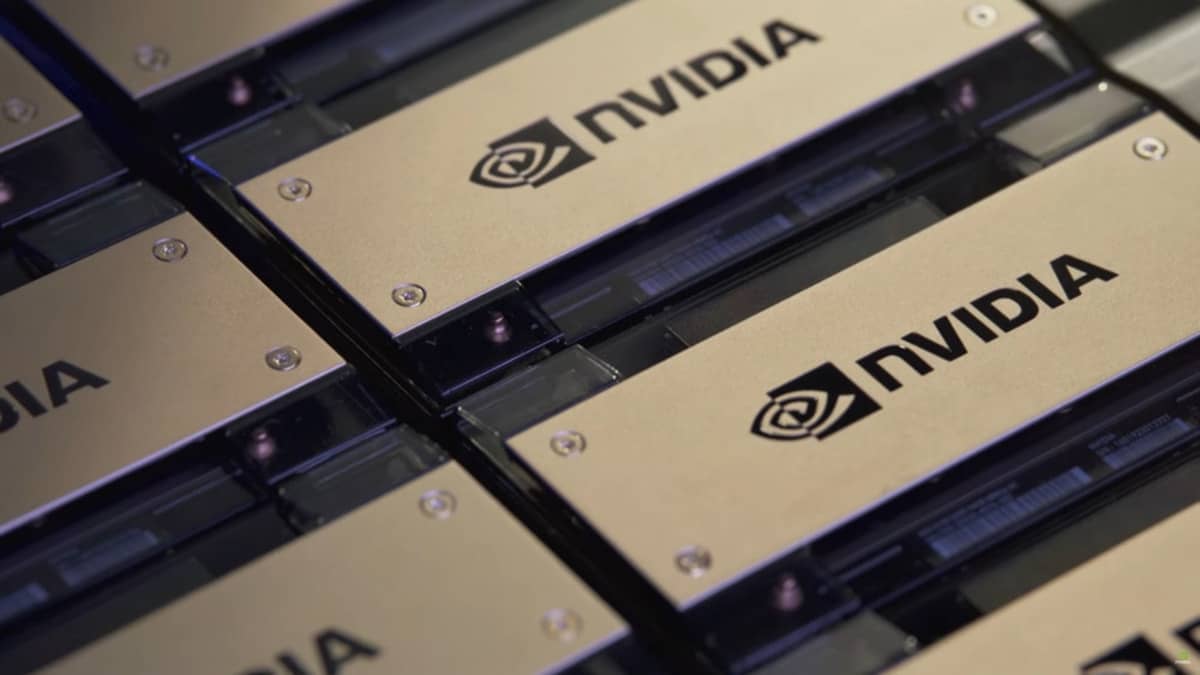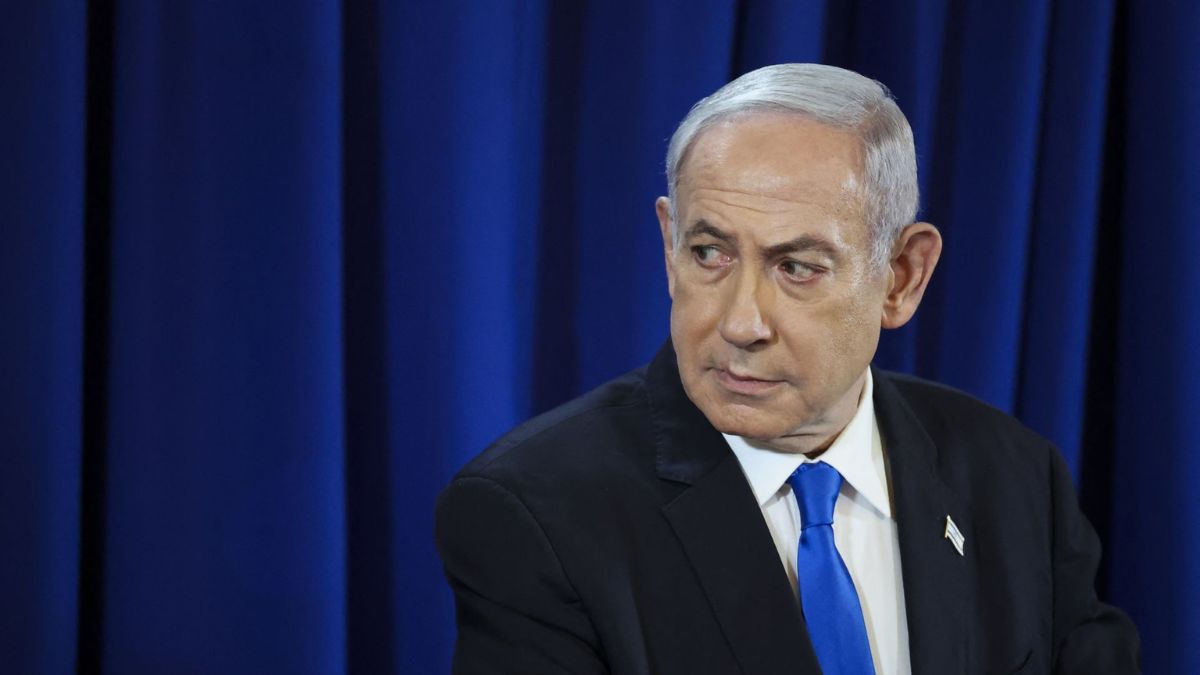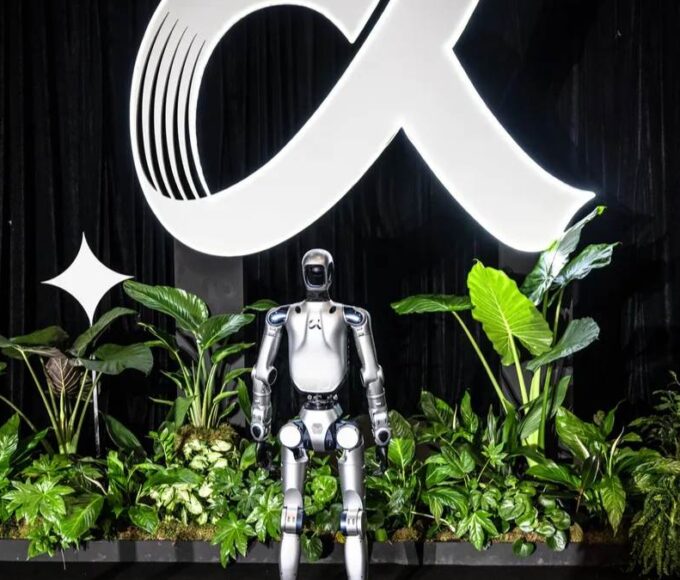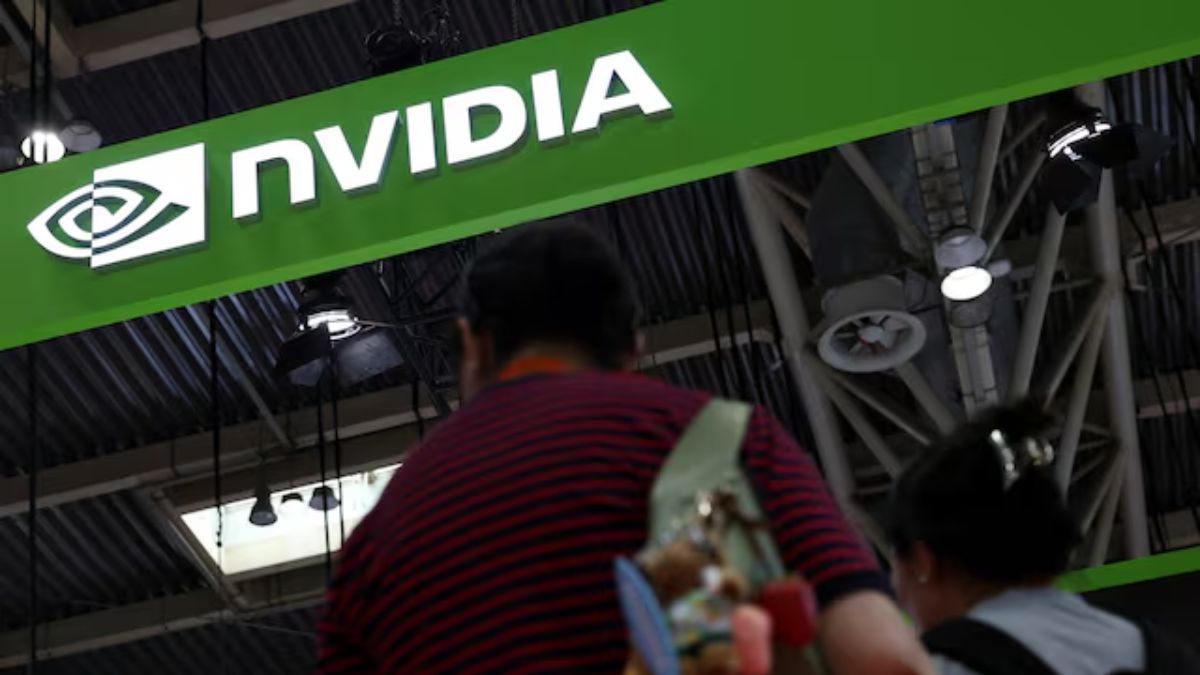Nvidia’s plan to restart sales of its H20 artificial intelligence chips to China is facing significant delays, with no immediate revenue boost expected, according to industry analysts.
The company announced earlier this month its intent to resume shipments of the H20 chips, designed to comply with U.S. export restrictions, but logistical and regulatory hurdles are slowing progress.
A report from The Information highlighted production setbacks, noting that Nvidia’s supply chain requires up to nine months to scale up. Analysts from Morgan Stanley, Piper Sandler, and Rosenblatt pointed to pending export licenses, canceled prior orders, and limited finished inventory as key challenges.
Morgan Stanley’s Charlie Chan described the resumption as a “significant positive” for 2026 but cautioned that near-term expectations should remain modest due to these constraints.
The H20 chip, built on Nvidia’s Hopper architecture, is tailored for AI computing while adhering to U.S. regulations restricting advanced semiconductor exports to China. Despite these efforts, Nvidia has indicated that revenue from H20 sales will likely remain negligible until at least the fourth quarter of 2025.
Nvidia’s stock has risen 24% year-to-date, including a 6% gain in July, driven by its dominance in the AI chip market. However, investor focus is shifting toward the company’s next-generation Blackwell-based RTX chips, which could overshadow the older Hopper line.
The resumption of H20 sales is seen as a strategic move to regain footing in China, a key market that accounted for 13% of Nvidia’s sales in 2024. Yet, with regulatory uncertainties and supply chain bottlenecks, significant revenue growth is not expected until 2026.











